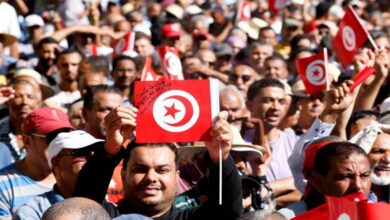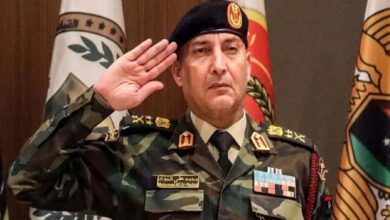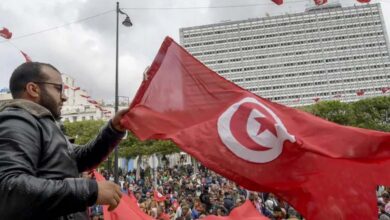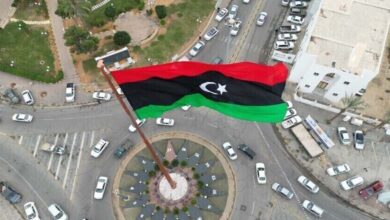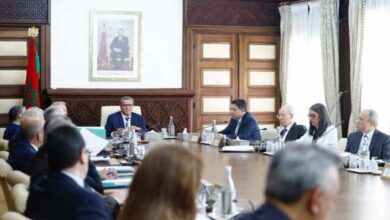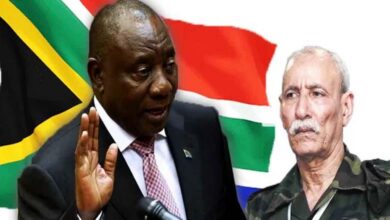After 10 years of delay, is Tunisia getting closer to solving the circumstances of political assassinations?
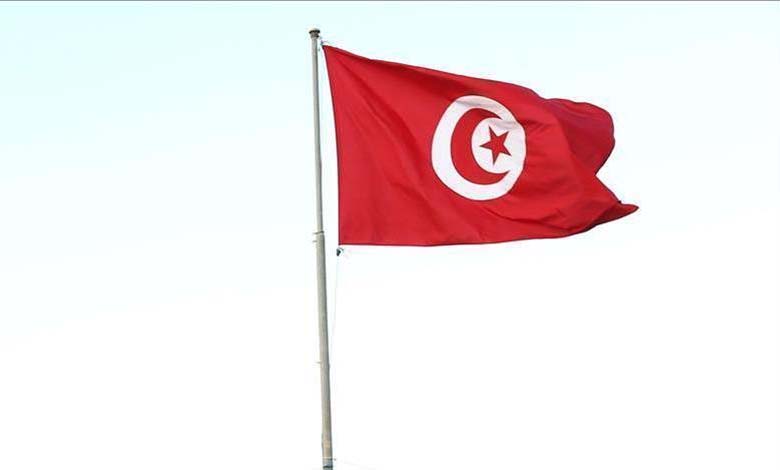
Coinciding with the tenth anniversary of the assassination of Tunisian dissidents; Chokri Belaid and Mohamed Brahmi, shot by jihadists in front of their residences, the Tunisian Ministry of Justice announced yesterday the formation of a special committee to examine the case of their assassinations in 2013, which the judiciary has not yet decided on.
The ministry has authorized a comprehensive judicial and administrative inspection of the relevant files to uncover the truth about who planned, instigated, and not just pulled the trigger.
Tunisian Minister of Justice Leila Jaffel said that the committee will work under its direct supervision. It is “charged with following up on the assassination case and holding accountable all those who were involved in obstructing the progress of the [investigation] files and sought to obscure evidence and influence the judicial process.”
Belaid’s family and the opposition political forces have directly accused Ennahdha and its president Ghannouchi of assassinating Belaid, who was known for his stinging criticism of the movement, its leaders and the regime at the time, but the movement has always dismissed these accusations as “false” and considers them in vain.
On 6 February 2013, the leftist opposition leader Chokri Belaid was assassinated in the Tunisian capital. Radical Islamists claimed responsibility for the assassination, which sparked a political crisis that culminated in Ennahdha’s departure from power and the launch of a national dialog among all political factions. A technocratic government was agreed upon and secured the country’s election in 2014.
Since then, the judiciary has opened an investigation and has not yet issued verdicts in the case, or even in the case of the assassination of former MP Mohamed Brahmi on July 25th, 2013, because of what the defense committee for the two martyrs said was “pressure and involvement of judges in hiding documents to cover up important figures in the state.”
On the occasion of the 10th anniversary of the assassination of the late politician, Chokri Belaid’s United Democratic Patriots party expressed its astonishment at what it considered the continued inaction of the authorities and the judiciary in dealing with the assassination case and the secret service, despite acknowledging that the pressure exerted by Ennahdha and its extensions have ended.
He called on all national forces, organizations and agencies to continue their pressure to reveal the whole truth and condemn all those involved in the assassination and to cover up for it. He also called for intensive participation in the party’s program to commemorate the 10th anniversary of the assassination.
Tunisian President Kais Saied has repeatedly criticized the “slowness” of the judicial investigation in these cases, and the defense spoke of a “dark room” controlled by the movement, which concealed the evidence in coordination with a number of judges.
A number of other leftist political parties are demanding that the whole truth be revealed – “the truth about who planned, planned, and incited, not just who pushed the trigger” – and have been holding weekly protest rallies (around 500) in front of the Ministry of Interior’s headquarters over the past years. It accuses “Ennahdha” and its president, Rached Ghannouchi, of being behind the assassinations of Belaid and Brahmi.
Despite the fact that the “Defense Committee for Belaid and Brahmi” presented a number of “facts, data, documents and evidence,” the Tunisian judiciary did not settle the case file, due to what the defense said were “pressures, and the involvement of judges in hiding documents to cover up important figures in the state.” The Committee confirmed that it is preparing a press conference during which “new data will be revealed on the file of political assassinations.”






